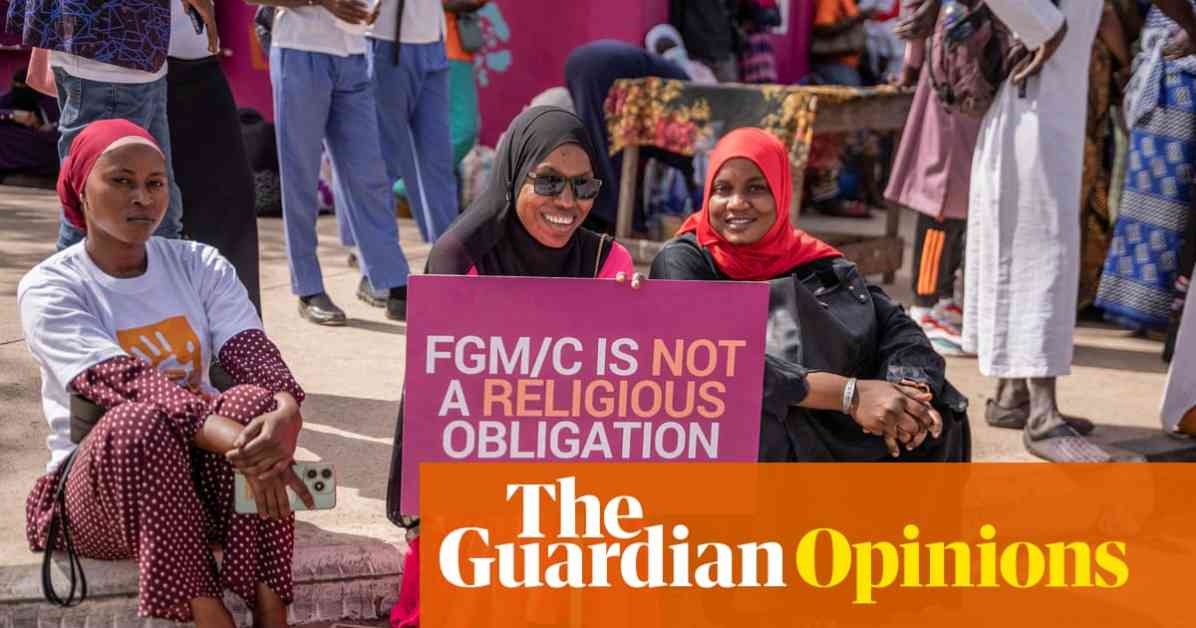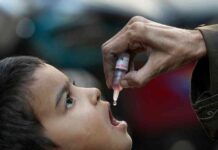Efforts to Combat FGM Must Be Strengthened: The Guardian Editorial
Female genital mutilation (FGM) continues to be a global human rights issue affecting thousands of girls every day. According to the UN, 12,000 girls are at risk of FGM daily, facing not only immediate pain and violation of their rights but also lifelong health complications and trauma. The UN has set a goal to eradicate FGM by the end of this decade, but progress has been slow and in some cases reversed.
The Impact of FGM Worldwide
In 2016, 200 million girls and women worldwide had undergone FGM, with an additional 30 million women enduring the practice since then. Most cases of FGM, 144 million, have occurred in Africa, while Asia and the Middle East have reported 80 million and 6 million cases respectively. The rate of decrease in FGM cases has been slower than population growth in communities where the practice persists, indicating a need for stronger efforts to combat it.
Challenges in Sierra Leone and The Gambia
In countries like Sierra Leone, where FGM remains legal, the consequences can be deadly. This year alone, three girls have died in cutting ceremonies in Sierra Leone. The absence of health benefits to the practice, which involves the partial or total removal of the external female genitalia, makes it even more concerning. In The Gambia, there was an alarming attempt to overturn a ban on FGM this summer, citing religious loyalty and cultural norms as reasons. This highlights the importance of legislation, enforcement, and education in protecting girls from this harmful practice.
The Medicalization of FGM
An emerging trend in some places is the medicalization of FGM, where trained staff perform the procedure in hospitals rather than traditional practitioners. This shift may lead to a false sense of safety among parents, believing that medicalized FGM is less severe and prevents complications. However, the risks associated with FGM persist even in a medical setting. Training healthcare workers on the harms of FGM can help prevent its practice and change attitudes within communities.
The Role of Men in Combating FGM
In addition to women, men must also be involved in anti-FGM activism. Promoting gender equality and engaging with traditional, political, and religious leaders are essential in raising awareness about the harms of FGM. Local campaigners, supported by external organizations, can lead efforts to combat FGM effectively. Survivors of FGM require support in dealing with psychological trauma and accessing reconstructive surgery, highlighting the need for comprehensive care for those affected by the practice.
Conclusion
Efforts to combat FGM must be strengthened to protect girls and women from this harmful practice. Legislation, enforcement, education, and community engagement are crucial in eradicating FGM and supporting survivors. By addressing the root causes of FGM and promoting gender equality, we can work towards a world where every girl and woman is free from the threat of FGM.

















